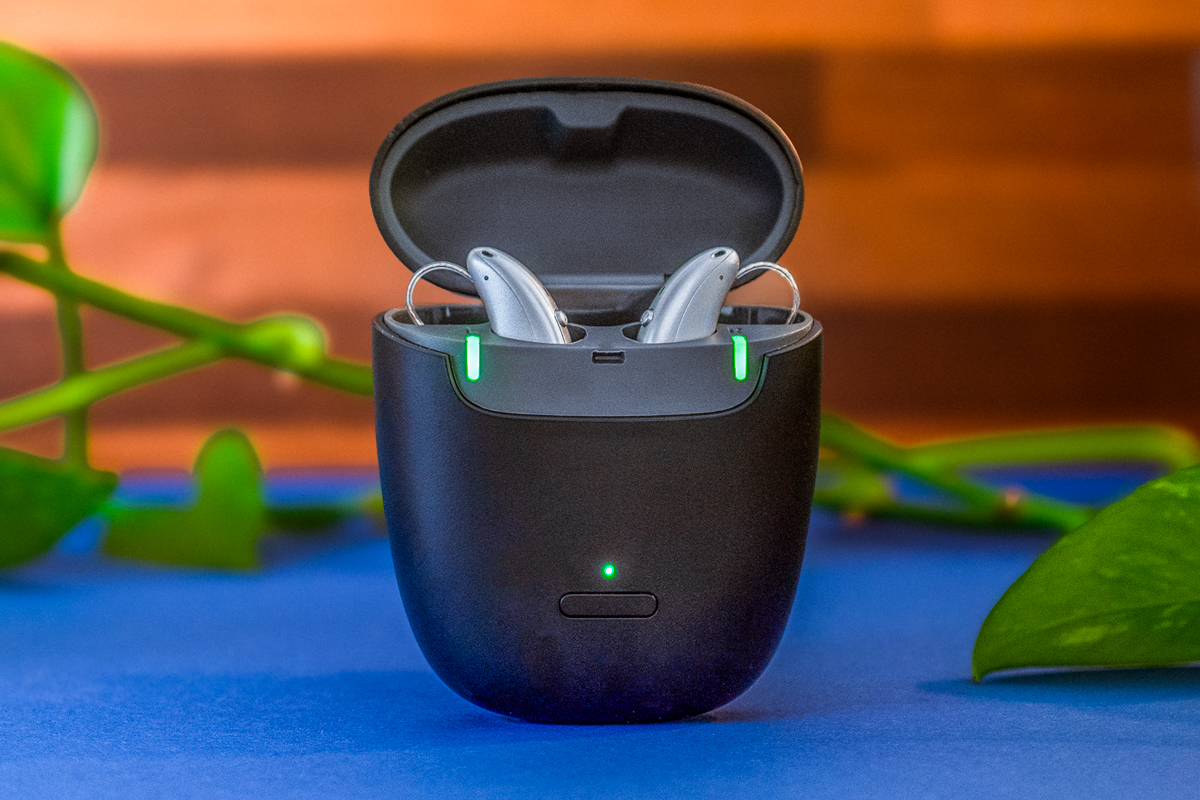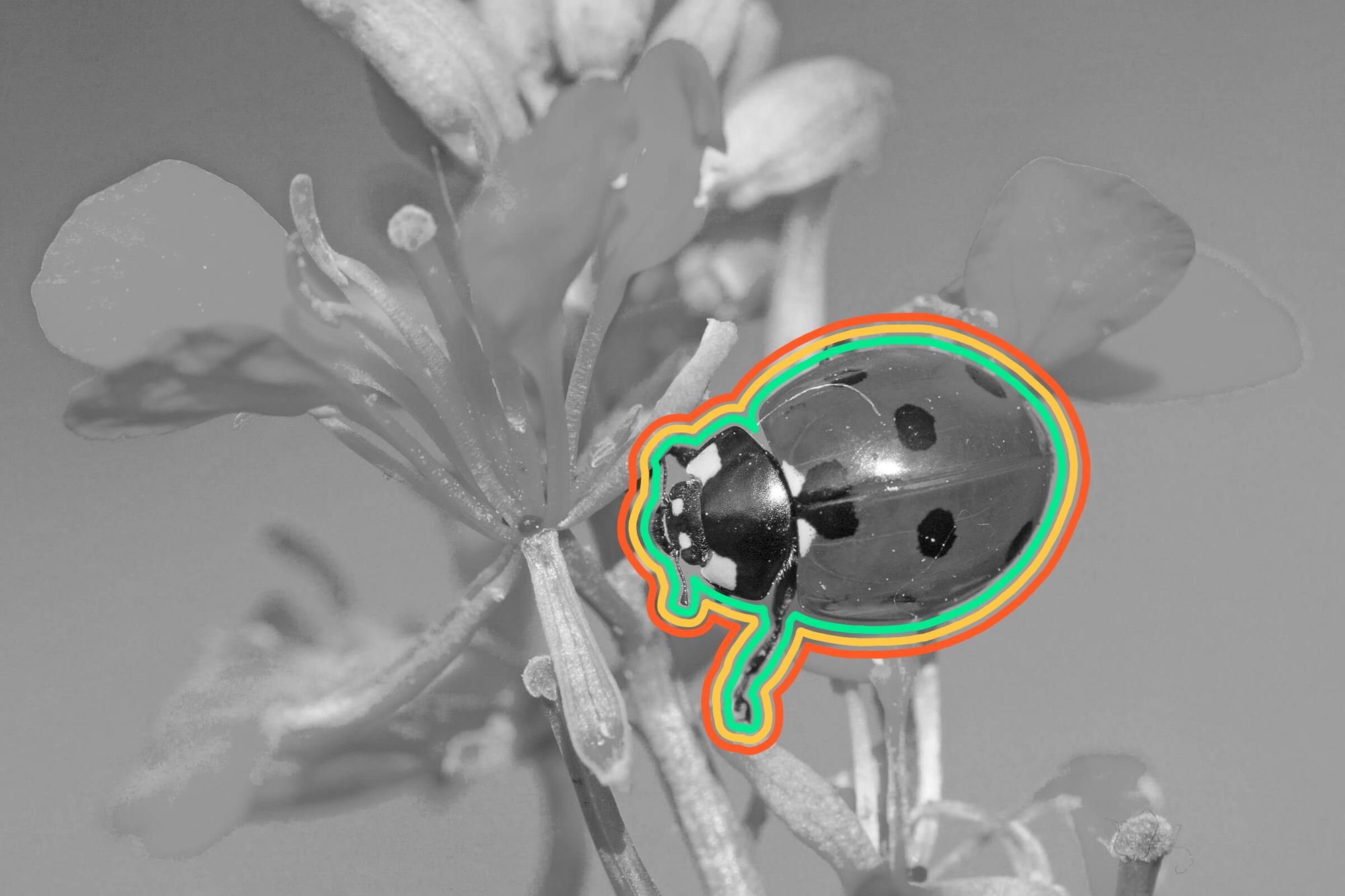| There are a few ways to avoid the itch-inducing bites of summer's biggest pest: the mosquito. Wearing long-sleeved apparel and dousing yourself in insect repellent can help, but avoiding some beverages — particularly alcohol — might further protect you. According to a 2010 study of mosquito biting preferences, beer makes humans more attractive to the paltry pests. Researchers found that Anopheles gambiae, a mosquito species in the genus responsible for transmitting malaria, were more attracted to humans who had consumed beer (compared to those who consumed only water), and the results were evident as soon as 15 minutes after the humans began drinking. Other studies have produced similar findings; one examination of alcohol's role in mosquito meal choices found that those who imbibed just one 12-ounce beer were more likely to be pestered by the insects. It's unclear why beer primes humans to become bite victims, though some scientists believe it could be partly linked to body temperature; alcohol expands the blood vessels, a process that slightly increases the skin temperature and also makes us sweat, two factors that may attract more hungry mosquitoes. For being such tiny insects, mosquitoes are incredibly effective in their ability to feast on larger prey. Their proboscises — aka mouths — are created from a complex system that includes six needlelike mouthparts called stylets; when a mosquito bites, the stylets are used to hunt for nearby blood vessels. That makes a mosquito's job of finding food quick and easy work — a necessity when dinner comes with a risk of being swatted. | 







No comments:
Post a Comment